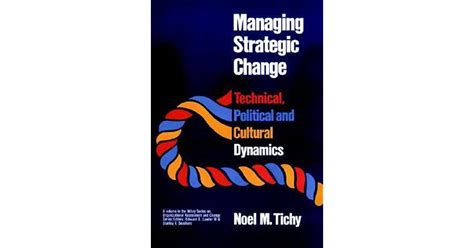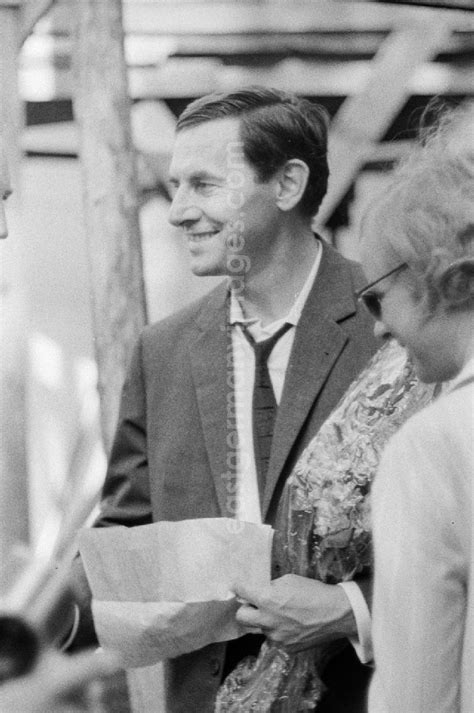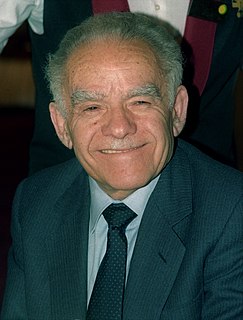A Quote by Joseph C. Rost
Leadership is the name that people use to make sense out of complex events and the outcomes of events they otherwise would not be able to explain. In other words, people attribute leadership to certain individuals who are called leaders because people want to believe that leaders cause things to happen rather than have to explain causality by understanding complex social forces or analyzing the dynamic interaction among people, events, and environment.
Quote Topics
Able
Among
Analyzing
Attribute
Because
Believe
Causality
Cause
Certain
Complex
Dynamic
Environment
Events
Explain
Forces
Happen
In Other Words
Individuals
Interaction
Leaders
Leadership
Make
Make Sense
Name
Other
Otherwise
Out
Outcomes
People
Rather
Sense
Social
Than
Things
Understanding
Use
Want
Words
Would
Related Quotes
Many people believe that decentralization means loss of control. That's simply not true. You can improve control if you look at control as the control of events and not people. Then, the more people you have controlling events - the more people you have that care about controlling the events, the more people you have proactively working to create favorable events - the more control you have within the organization, by definition.
People buy into the leader before they buy into the vision. Many people who approach the area of vision in leadership have it backwards. They believe that if the cause is good enough, people will automatically buy in and follow. But that's not how leadership works. People don't follow worthy causes; they follow worthy leaders with a cause they can believe in. They buy into the leader first.
Much more than an entertaining set of exaggerated facts, fiction is a metaphoric method of describing, dramatizing and condensing historical events, personal actions, psychological states and the symbolic knowledge encoded within the collective unconscious; things, events and conditions that are otherwise too diffuse and/or complex to be completely digested or appreciated by the prevailing culture.
From the social cognitive perspective, it is mainly perceived inefficacy to cope with potentially aversive events that makes them fearsome. To the extent that people believe they can prevent, terminate, or lessen the severity of aversive events, they have little reason to be perturbed by them. But if they believe they are unable to manage threats safely, they have much cause for apprehension.



































